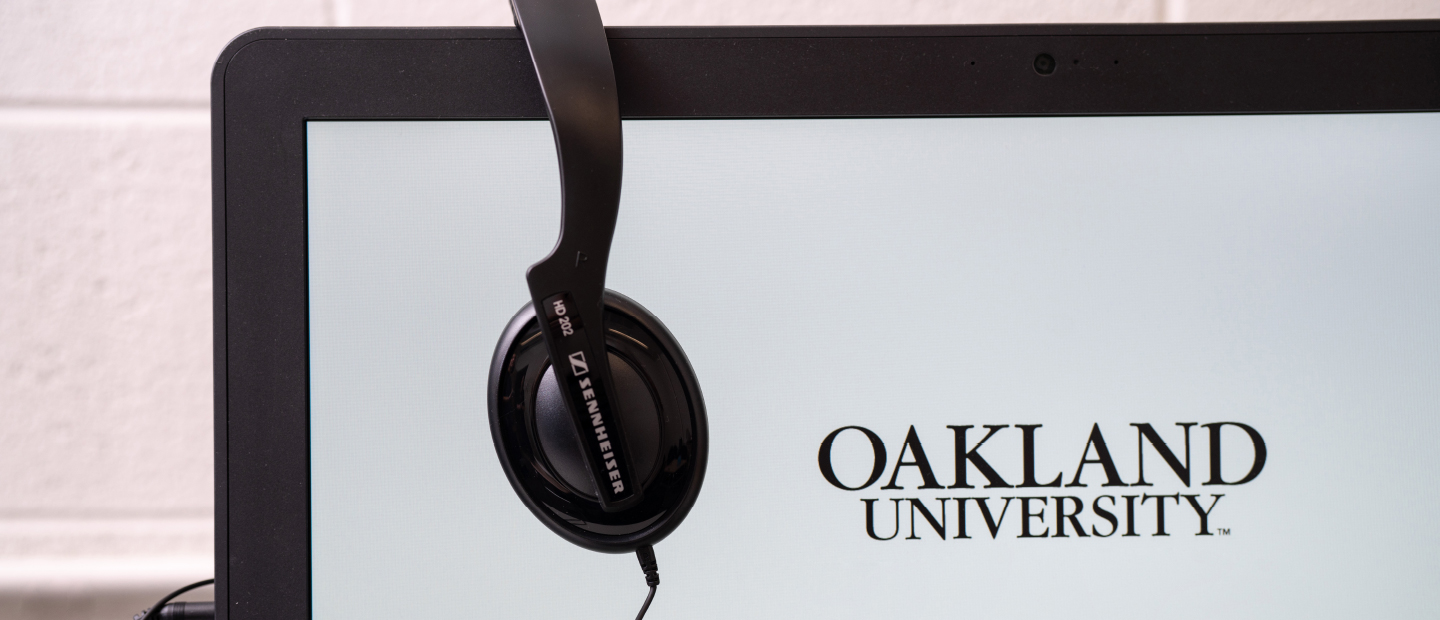
Testing Accommodations
As with all reasonable accommodations, the purpose of testing accommodations is to ensure a student’s equitable opportunity to demonstrate knowledge of the course material being assessed. Testing accommodations are not a guarantee of improved performance, test completion, or a particular outcome. Instead it is presumed that the use of accommodations will enable the student with a disability to better demonstrate their knowledge or skill on exams and quizzes.
Extended testing time is a reasonable accommodation offered to level the playing field and ensure that students with disabilities have an equal opportunity to demonstrate their knowledge and abilities. Disabilities can impact different aspects of test-taking, such as processing speed, focus, physical impairments, or the ability to write or type quickly. Extended time helps lessen the effects of these challenges, giving students enough time to complete exams without being unfairly disadvantaged.
A common testing accommodation is 50% extra time, or time and a half. Certain circumstances warrant 100% additional time (double time).
A reader is a person who reads printed material for a student who is unable to make effective use of printed material due to a disability. A computer screen reader may also be used.
Screen readers or an in person reader:
- Are an accommodation provided during an exam/quiz.
- Can be asked to repeat information.
- Will only read what is on the printed page. They cannot be asked to explain, substitute words, define or interpret the meaning of statements or words.
- Need information from you to be effective. Let your reader know the reading speed/rate, tone etc. that works best for you, or adjust these items on your computer.
A scribe is a person who writes or types for a student who is unable to write effectively due to a disability.
- Scribes are an accommodation provided during an exam/quiz.
- Scribes will write down verbatim what you have dictated. At any time, you will have the opportunity to review what the scribe has written either by reading or having it read to you. You should direct the scribe to make corrections, ie. spelling, punctuation etc.
- Scribes are not responsible for organizing or paraphrasing your thoughts into final form.
Students with disabilities that make it difficult to handwrite an exam. These students may sign up to take their exams in the DSS Office on a DSS Computer, monitored by a DSS proctor.
Students that require an exam enlarged as a result of their disability may request this at the DSS office. Professors may also provide this accommodation.
Students who are approved for extended testing time 1½ time and require no other testing accommodations, will test with their professors and do not need to contact the DSS Office.
When the impact of the disability requires additional support i.e. double time, test readers or scribes, assistive technology, computer use, the student must contact the DSS Office for their testing arrangements. In some cases, professors may request to provide this additional support.
Signing up for an exam: Contact the DSS Office a minimum of 3 days prior to the testing date (7 days prior for final exams). The DSS Office has to make arrangements to find a room, hire a proctor, and get a copy of the exam from the professor. If sign up occurs with only 1-2 day notice, the DSS Office cannot guarantee testing on site.
No Show/Late Exam Policy:
- DSS administers exams according to prearranged instructions from the professor. The instructor, the student and DSS have agreed to a specific date and time for each exam. For DSS to effectively administer and schedule exams these practices are followed:
- No Shows - Your professor will be notified that you did not take the exam. It then becomes the student's responsibility to meet with his/her instructor to make other arrangements.
- Late - Students may arrive up to 15 minutes late for an exam. (The amount of time the student was late will be deducted from the total testing time). After 15 minutes, the student will need to discuss other arrangements for taking the exam with the professor.
Illness - The student is responsible for contacting the instructor when illness occurs to make other arrangements. If the instructor agrees to a make-up exam, the student should call the DSS office to reschedule.
DSS has the responsibility to administer the exam according to faculty instructions. Please refer to your Oakland University catalog regarding the “Academic Conduct Policy”.
Faculty instructions will be reviewed with the student before he/she begins the exam.
The student is responsible for following these instructions at all times.
The student may take in the testing room only necessary items when testing. All other items are not allowed, e.g., cell phones, bags, purses, hats, jackets, food, drinks, etc. All non-essential items can be placed in the DSS Office back room.
Unless listed as an accommodation, breaks during testing are not customary. Please tend to hygiene needs before beginning your exam.
Proctors will be present during all testing. Any suspected evidence of cheating will stop the exam. This will be documented and reported immediately to the appropriate faculty member. As a result, the student may be charged with academic misconduct.
Disability Support Services
371 Wilson Boulevard
Rochester, MI 48309-4454
(location map)
(248) 370-3266
Fax: (248) 370-4327
[email protected]
Office Hours:
Mon-Fri: 8 a.m.-5 p.m.